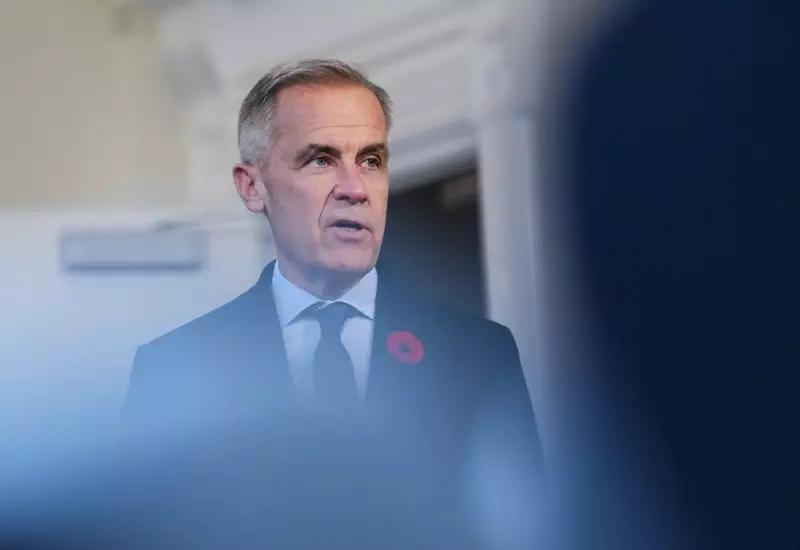
With former Bank of Canada governor Mark Carney increasingly mentioned as a potential political heavyweight, all eyes are on what economic reforms he might champion. As Canadians grapple with affordability crises and a tax system many feel is stacked against them, here are five transformative changes that could redefine fiscal policy in Canada.
Level the Playing Field on Investment Income
The current system creates an unfair advantage for wealthy Canadians through the capital gains inclusion rate. While employees pay full tax on every dollar earned, investors only pay on 50% of their capital gains. This fundamental inequity demands correction by increasing the inclusion rate to at least 75%, ensuring all types of income receive fair treatment.
Modernize Retirement Savings for Today's Workforce
RRSP contribution limits have failed to keep pace with both inflation and the changing nature of work. With more Canadians working multiple jobs or in the gig economy, the system must adapt. Increasing RRSP limits and providing greater flexibility would help workers across all sectors secure their retirement futures.
Restore Balance to Small Business Taxation
Recent tax changes have disproportionately targeted small businesses while large corporations continue to exploit loopholes. Canada's entrepreneurs need stability and fairness—simplifying the tax code and ensuring proportionate enforcement would unleash the true potential of Canada's job creators.
Fix the Carbon Tax Rebate System
While the carbon tax itself has merit, its implementation has created unnecessary complexity and frustration. The solution lies in streamlining the rebate process, making it automatic and transparent so Canadians can clearly see the financial benefits they're receiving.
Eliminate the Tax-Free Surprise for Wealthy Heirs
The "deemed disposition at death" rule creates an enormous loophole for intergenerational wealth transfer. By allowing assets to pass to heirs without triggering capital gains taxes, the system privileges inherited wealth over earned income. Closing this loophole would generate significant revenue while enhancing tax fairness.
These five reforms represent more than just technical adjustments—they embody a vision for a tax system that works for all Canadians, not just the privileged few. As political speculation continues, these changes could form the cornerstone of a truly transformative economic agenda.





